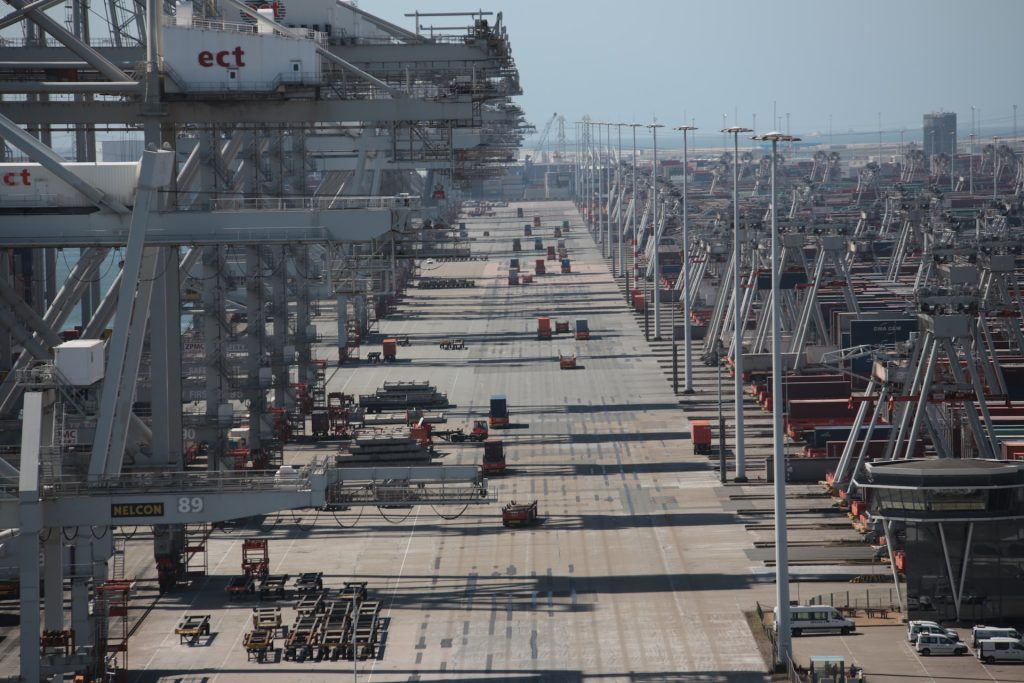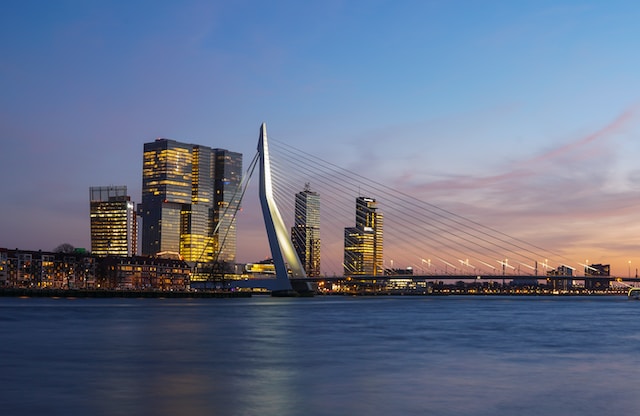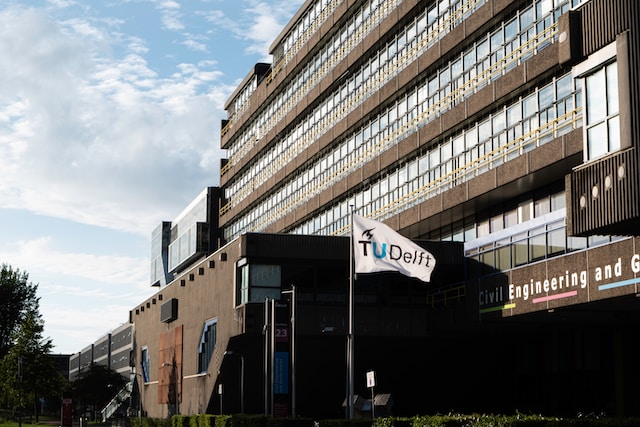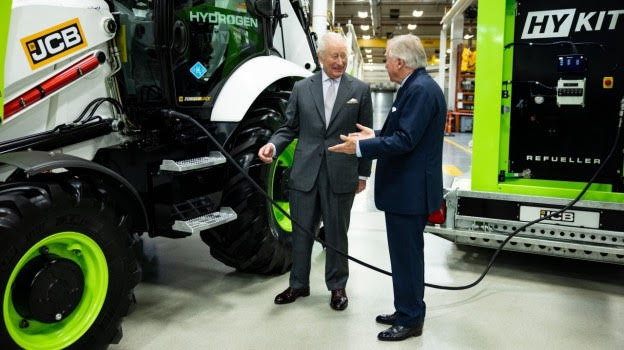Unlocking Industrial Potential: Rotterdam’s Race to Lead Europe’s Green Hydrogen Revolution

In a rapidly evolving energy landscape driven by the imperative to combat climate change, Rotterdam is emerging as a beacon of innovation, uniquely positioned to harness its industrial might and academic prowess to spearhead the growth of green hydrogen startups. However, as with any nascent industry there are naturally strengths, opportunities, and challenges.
As a nation the Netherlands is making significant hydrogen investment, with the country currently consuming 800 kilotons of hydrogen annually. It is projected that by 2050, this demand will surge to 14 million tonnes.
Leveraging its substantial industrial and logistical strengths, Rotterdam has set its sights on becoming the foremost green hydrogen hub in Europe. The Port Authority is actively developing of an 11-hectare site, specifically designed for the construction of a green hydrogen production facility.
The industrial city’s story could serve as a blueprint for transforming similar centres into hubs of hydrogen-based decarbonisation, offering a model for a more sustainable energy future.
Jan Bot is the co-founder of Zepp.solutions, a young Dutch company specialising in fuel cell technology, headquartered in Delft, with testing and assembly facilities located in Rotterdam.

The industrial city of Rotterdam’s decarbonisation story could serve as a blueprint for transforming similar centres into hydrogen hubs, offering a model for a more sustainable energy future.
Bot believes that Rotterdam’s commitment to achieving net zero emissions, along with its robust logistics and industrial capabilities, positions the city and the Port of Rotterdam as ideal locations for green hydrogen startups.
“In a port environment, where you really need heavy-duty applications, that’s big trucks and big, big equipment, hydrogen is the more logical (energy providing) alternative.”
Mattijs Slee, the CEO of Battolyser Systems, the Rotterdam-based startup specialising in the production electrolysers, recently secured a €40 million financing deal with the European Investment Bank. He emphasises that the traditional industries in Rotterdam offer substantial prospects for decarbonisation and the adoption of environmentally sustainable alternatives, like hydrogen.
Slee says “Rotterdam has always been an industrial town versus, say Amsterdam, which is more fintech focused. We also have a lot of trade and workers in Rotterdam who, in some cases, come from legacy oil and gas or more fossil fuel-related jobs, and need to be transitioned into the future, sustainable jobs.”
As per Slee’s insights, Germany currently stands as the largest consumer of hydrogen in Europe, and the nation has ambitious plans to fulfill all its forthcoming energy requirements by sourcing from Rotterdam.
Battolyser has established a partnership with the Port, as “they are looking for new industries that can fill the Port of Rotterdam in the future as a lot of the fossil industry is moving out,” says Slee.
“That’s in combination with the ecosystem that they have around hydrogen — it’s not just about consuming hydrogen, but also transporting it, producing it, and in our case, manufacturing the required equipment.”
Slee points out that, although Rotterdam possesses substantial industrial capabilities, its “R&D capacity largely comes from Delft [another Dutch city]. So there’s the combination of Delft’s academia and Rotterdam’s strength in more practical skills like trade skills and so on.” Notably, Battolyser itself is a spinoff from the Delft University of Technology.

Pictured: TU Delft Faculty Of Civil Engineering and Geosciences. The city of Delft is no longer just associated with its iconic mid-seventeenth-century art movement; it’s a centre of immensely important technological academia, and has become a hub for decarbonisation research and development.
Zepp’s Bot and his co-founders originally connected during their time as students at Delft. “Our talent now mostly comes from the university too,” affirms Bot.
Slee also emphasises that while there is funding and support available for established industries to transition towards decarbonisation, there is an insufficient amount of funding and support for emerging green hydrogen solutions.
“So far, around $10bn has been allocated to hydrogen in terms of subsidies, but the distribution is very uneven. It is largely centred around hydrogen production — hydrogen factories — and then some towards the distribution of hydrogen and end consumers. There is zero for equipment manufacturing.”
He further suggests that the initiation of government intervention and working backward from the continent’s net zero objectives could serve as the initial step.
“It requires intervention, not just by upholding and keeping existing industries, but by actually trying to stimulate new industries too.”
In the pursuit of sustainable energy solutions, Rotterdam’s unique blend of industrial prowess and academic excellence from cities like Delft offers a promising framework for the growth of green hydrogen startups. Collaboration, backed by government planning aligned with net zero goals, presents a compelling path to catalyse innovation and decarbonisation in the region’s evolving energy landscape.
In the broader context of Europe’s green energy transition, the convergence of industry and academic ingenuity in Rotterdam signifies a significant step towards achieving the continent’s ambitious carbon neutrality targets, and fostering a greener, more sustainable future.
To learn more about HYCAP, click here.

